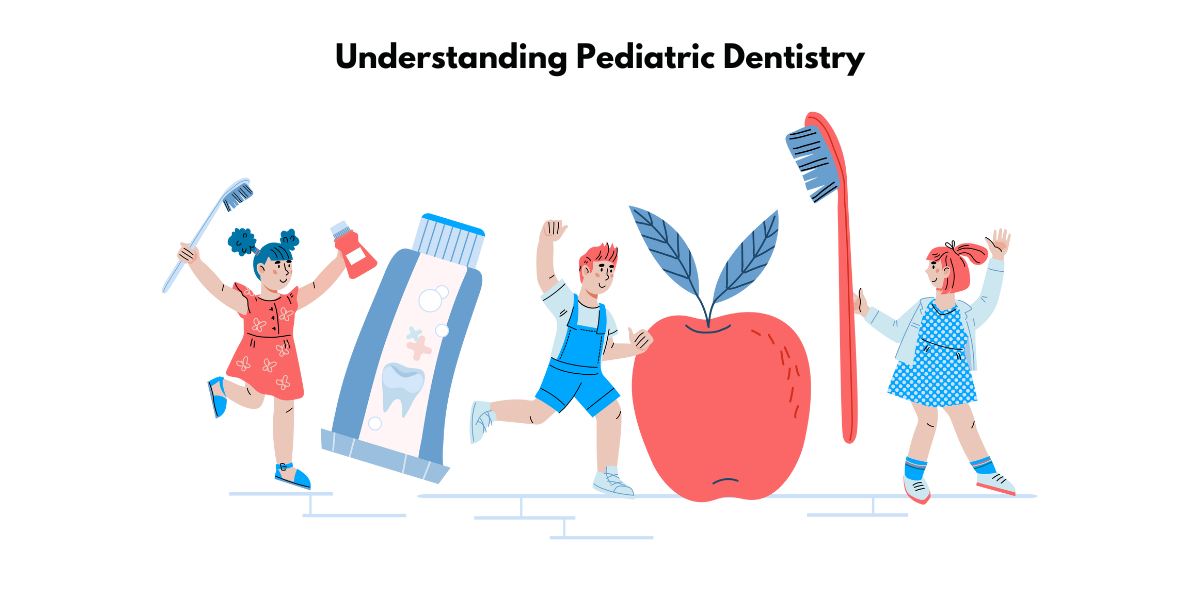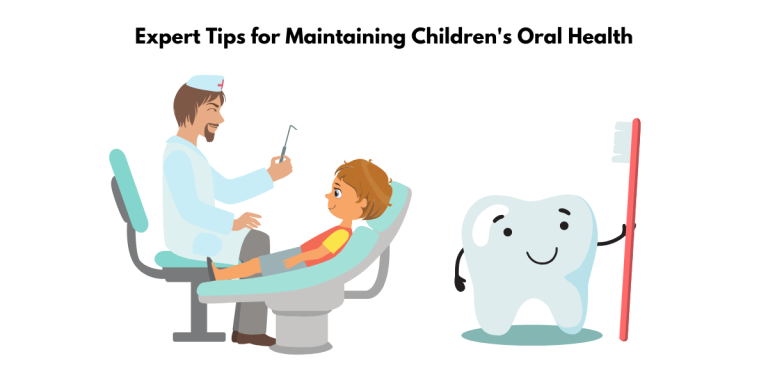What Is Pediatric Dentistry? Your Guide to Child-Friendly Dental Care
Understanding Pediatric Dentistry
The Specialty of Pediatric Dentists
Pediatric Dentistry is a branch of dentistry that deals with the oral health of children from infancy through the teenage years. It encompasses a variety of disciplines, techniques, procedures, and skills that are shared with other branches of dentistry but are modified and adapted to the unique requirements of infants, children, adolescents, and those with special health care needs.
How Pediatric Dental Needs Differ from Adults
Children’s dental needs are vastly different from those of adults. For starters, their mouths are growing and changing rapidly. They start with a set of baby teeth, which begin to emerge during the first six months of life. By the time they reach 6 or 7 years old, they begin to lose these baby teeth, which are replaced by their permanent, adult teeth. Pediatric dentists uniquely understand the timing of these changes and the challenges they may introduce, such as mixed dentition—which is when children have both baby and permanent teeth—which can affect how dental diseases are managed and treated.
Moreover, children are not just miniature adults – they cannot always express what they feel or cooperate during a dental exam. Pediatric dentists are experts at examining and treating children in a way that makes them comfortable, using age-appropriate communication. Additionally, childhood is a time when dietary habits are established, making this a critical period for instilling good oral hygiene practices that will last a lifetime. Pediatric dentists can guide on issues like bottle caries, thumb-sucking, and the use of pacifiers.

The Benefits of Choosing a Pediatric Dentist
Tailored Care for Developing Teeth
Tailored care for developing teeth is about more than just dealing with dental issues as they arise; it’s about understanding and proactively managing the unique needs of a child’s growing mouth. Pediatric dentists design treatments with a keen focus on the development and alignment of teeth and jaws, preventing potential issues before they become complex problems. Their goal is to monitor growth patterns, guide the emerging teeth into the best possible positions, and ensure the foundation is set for a healthy adult smile.
Moreover, these specialists address habits that may hinder dental development, such as thumb-sucking or prolonged bottle-feeding. With an eye for growth, pediatric dentists can often detect issues with the teeth or jaw development early, ensuring timely and effective interventions. This proactive approach not only enhances your child’s smile but can also have a positive impact on their overall appearance and self-esteem.
A Kid-Friendly Environment
A kid-friendly environment is key to a positive dental experience for children. Pediatric dental offices are designed to be welcoming and comfortable for young patients. From the waiting room to the treatment area, everything is tailored to put children at ease. They often have vibrant colors, playful decor, and a selection of toys or games to distract and entertain the kids before their appointment.
During the visit, children might find ceiling-mounted TVs, where they can watch cartoons or movies while undergoing treatment, further reducing anxiety and creating a diversion from the dental work. The staff at a pediatric dentist’s office is also adept at making children feel at home. They know how to communicate effectively with kids, using simple and understandable terms. This inviting atmosphere helps mitigate fear and build trust, making it more likely that children will be cooperative and even look forward to future visits.
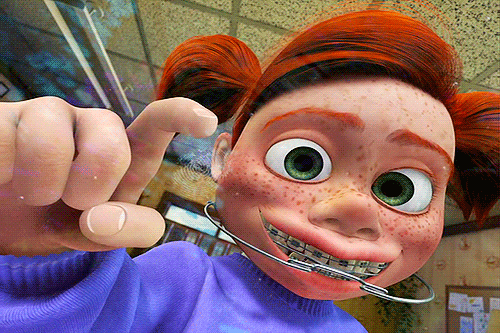
When to Start Regular Dental Visits for Children
The Right Age for the First Dental Visit
The right age for a child’s first dental visit could be much sooner than you might think. According to the American Academy of Pediatric Dentistry (AAPD), children should have their first dental checkup no later than when their first tooth appears, and no later than their first birthday. Starting early is integral to preventing dental issues and establishing a dental home where the child feels comfortable.
During this initial visit, a pediatric dentist can check for early signs of potential problems, guide parents on caring for their child’s teeth, and answer questions about teething fluoride needs, or thumb-sucking habits. Beginning dental visits at this age helps to normalize the routine of oral healthcare for children and can set the stage for a lifetime of healthy habits.
Setting the Foundation for Lifelong Oral Health
Setting the foundation for lifelong oral health begins with early education and routine practices that establish good dental habits. Pediatric dentists play a crucial role in this process, guiding both children and parents on proper brushing techniques, the importance of flossing, and making smart dietary choices that promote healthy teeth and gums. They also emphasize the significance of regular dental check-ups, which allow for tracking developmental progress and catching potential issues before they become serious.
Developing a positive relationship with dental care from a young age can reduce the fear and anxiety often associated with dental visits and encourage a proactive attitude toward oral hygiene. It’s about creating a mindset where oral health is a priority, and this can have far-reaching effects on a child’s general health, social interactions, and self-confidence.

The Range of Treatments Offered by Pediatric Dentists
Preventive Services and Education
Preventive services and education are at the heart of pediatric dentistry, aiming to keep teeth healthy by stopping disease before it begins. This is done through routine dental cleanings and fluoride treatments that strengthen enamel and thwart cavity formation. Dental sealants may also be applied to the chewing surfaces of back teeth where grooves can trap food and bacteria, providing an additional barrier against decay.
Education plays a dual role—not only does it teach children the how-tos of daily dental care, but it also enlightens parents on the best ways to supervise and assist with their child’s oral hygiene routine. A few key educational moments include demonstrating the correct way to brush and floss, discussing the effects of a sugary diet on teeth, and offering strategies to prevent oral injuries during play and sports.
Expertise in Child-Specific Dental Issues
Expertise in child-specific dental issues sets pediatric dentists apart from their general dentistry counterparts. They are not just trained to treat the typical cavities, but also to handle peculiar problems that are more prevalent in children, such as baby bottle tooth decay, teething irritations, and dental anomalies related to genetics or developmental issues. They’re particularly adept at spotting and treating oral conditions that may arise from chronic conditions like asthma, diabetes, or ADHD medication effects.
Pediatric dentists also specialize in managing orthodontic concerns early on. They can evaluate bite positions and identify any need for early interventions, often simplifying or eliminating the need for extensive orthodontic work later. Their expertise goes beyond teeth, too; they are skilled in dealing with children’s behaviors, reducing fear and anxiety to make visits productive and pleasant for both child and parent.
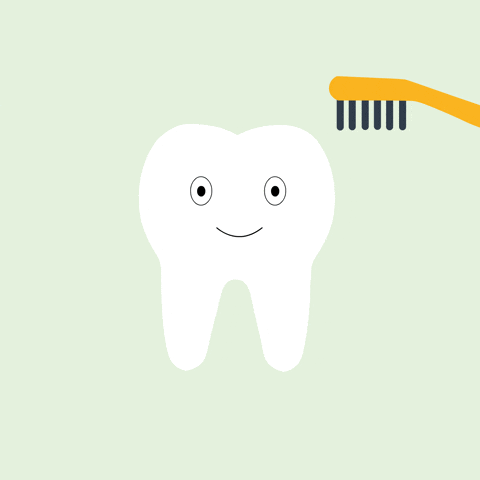
What Makes a Pediatric Dentist Stand Out?
Specialized Training and Certification
Pediatric dentists are dental specialists who undergo additional training beyond dental school. After earning their dental degree, they complete a two-year residency program focused exclusively on treating infants, children, adolescents, and patients with special healthcare needs. This training hones their ability to manage the growth and development of a child’s dentition and jaw, as well as their expertise in the psychological aspects of child behavior management.
Additionally, board certification in Pediatric Dentistry involves rigorous examinations and peer evaluations. This voluntary certification demonstrates a pediatric dentist’s commitment to excellence and adherence to the highest standards of care. It ensures they are up-to-date with the latest technologies and practices in their field, offering the best possible care to your child.
Experience with Children’s Behavior and Comfort
Experience with children’s behavior is a cornerstone of pediatric dental practice. Pediatric dentists are trained to understand and manage a wide range of behaviors children may exhibit, from shyness to outright dental phobia. They use a variety of techniques, from “tell, show, do”, where they explain and demonstrate each step before proceeding, to the use of sedation techniques for better comfort during treatments.
Their offices are also designed with the child’s comfort in mind. Everything, from the décor to the size of dental chairs, reflects the unique needs of young patients. This experience in creating a calming environment, combined with a gentle, patient demeanor, helps to alleviate fear and make dental visits a positive experience for children, thus instilling a sense of confidence and cooperation during their appointments.
Making the Decision for Your Child
Finding the Right Pediatric Dentist
Finding the right pediatric dentist for your child is a decision that requires careful consideration. You want a professional who is not only qualified but also a perfect fit for your child’s personality and needs. You can start by asking for recommendations from your pediatrician or tapping into your community—friends, family, and even local parenting groups often have insights to share.
The American Academy of Pediatric Dentistry offers a helpful tool on its website to locate a board-certified pediatric dentist in your area. Just enter your ZIP code and a search radius to find a list of potential candidates. Don’t be shy to visit the offices, meet the staff, and ask questions about their practice philosophy and how they handle various child-related dental scenarios. This firsthand experience will aid you tremendously in making the best choice for your child.
What Parents Should Look for in a Pediatric Dental Practice
When scoping out a pediatric dental practice, parents should look for clues that it’s a child-focused environment. A welcoming atmosphere with a brightly colored, fun waiting area can help put your child at ease. Watch how the staff interacts with children; they should be friendly, patient, and skilled at communicating on a child’s level.
It’s also essential that the practice offers comprehensive services tailored to children’s needs, such as sealants, fluoride treatments, and education on proper oral hygiene. The dentist should have a clear and kind approach to behavioral management and procedures for dealing with emergencies. Parents should feel informed and involved in their child’s dental care, so a practice that offers clear information and takes time to answer questions is key.
Safety and cleanliness are non-negotiable — the office should be clean, and equipment should be appropriately sized for children. Lastly, look into the practice’s policies and see if they align with your insurance and scheduling needs.
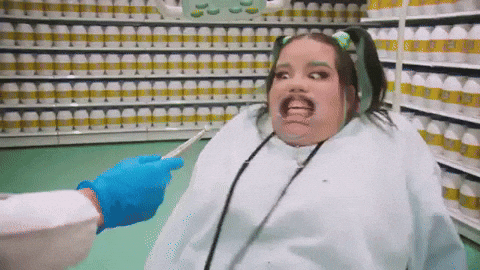
FAQs About Pediatric Dentistry
Why can’t I just take my child to a regular dentist?
You can take your child to a regular dentist, but a pediatric dentist has specialized training and experience in caring for children’s dental needs. Their offices are often designed with children in mind, and they are adept at easing the anxieties of young patients. Plus, they have expertise in managing the growth and development of children’s teeth and jaws. In essence, pediatric dentists are poised to provide personalized and appropriate dental care for your child at each stage of their development.
Are pediatric dental treatments more expensive than regular dental care?
Pediatric dental treatments aren’t necessarily more expensive than adult dental care. Costs may vary depending on the treatment needed, geographic location, and the dentist’s practice. However, pediatric dentists are focused on preventive care, which can save money in the long run by avoiding more costly treatments. Most dental insurance plans cover pediatric care, and many pediatric offices offer various payment options to accommodate families.
How do pediatric dentists manage dental anxiety in children?
Pediatric dentists manage dental anxiety in children through various techniques designed to relax and distract young patients. This includes explaining procedures in a fun, engaging way, using calming sedation methods like nitrous oxide when appropriate, and creating a colorful, child-friendly atmosphere. They prioritize building a trusting relationship with each child to foster a sense of safety and comfort during dental visits.
- What Is Pediatric Dentistry? Your Guide to Child-Friendly Dental Care - August 27, 2024
- What is an Orthodontist? [10 facts] you need to know about orthodontists - April 13, 2023
- Dental Advice: Everything You Need to Know about Clear Aligners - February 28, 2022

